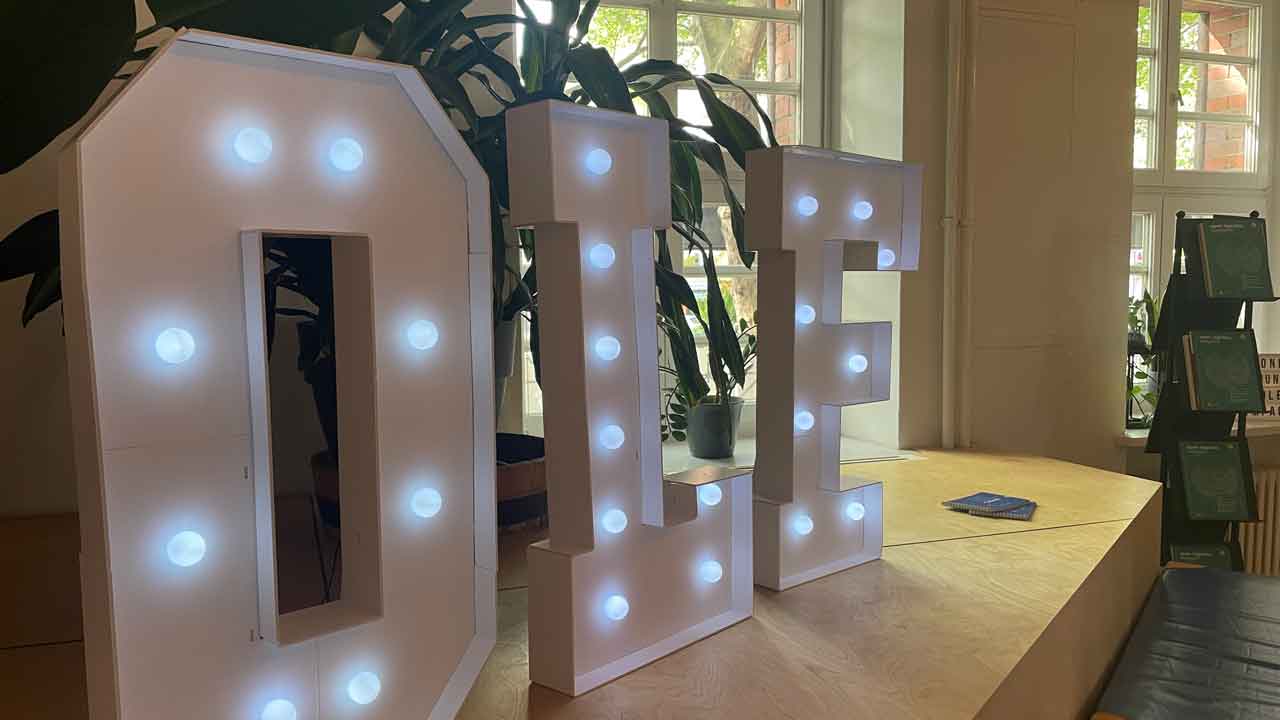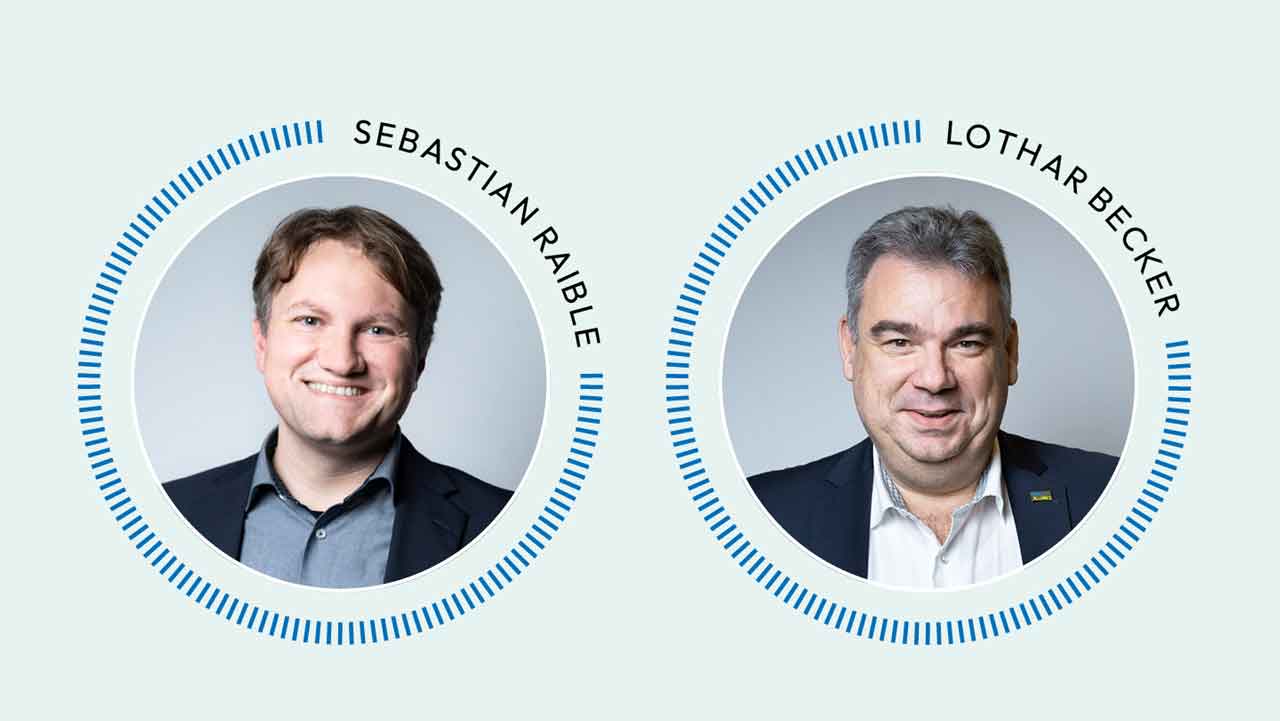Not every piece of software that is first to market also ends up shaping the industry – especially when it comes to commodities, i.e. standardised goods or services used by many stakeholders. In logistics in particular, it is of vital importance how open and usable a solution is for many stakeholders. This is evident in the “Emissions Data Exchange” project of the Open Logistics Foundation. Companies from across Europe are working there on the implementation of the iLEAP standard developed by Smart Freight Centre and SINE Foundation. This standard is intended to facilitate the digital and automated exchange of emissions data in logistics. The Finnish start-up Way Data Technologies is also involved in the project. The company supports logistics service providers and transport companies in better recording and optimising the emissions of mixed fleets – i.e. a combination of electric, hybrid, and conventional fuel vehicles. Against this background, Way already developed its own implementation of the iLEAP standard in the Go programming language and published it as open source. The reference implementation of the SINE Foundation served as a starting point. At the same time, Way became a member of the Open Logistics Foundation – and is now actively involved in the Foundation’s “Emissions Data Exchange” project.
For the start-up, this is simply a logical decision: We have over a decade of combined experience with software for emissions calculation and reporting,” says Oscar Söderlund, Engineering at Way. “That’s why we immediately recognised the value of the iLEAP standard. However, many aspects of such software have so far not been standardised, meaning that we often have to make assumptions in our implementation. That’s why we want to exchange ideas with other companies in the Open Logistics Foundation. Because we don’t believe it makes sense for everyone to keep rebuilding the same functionality in slightly different and non-interoperable ways.”
Learning faster together
Nathalie Böhning, Innovation and Project Manager at the Open Logistics Foundation, sees it the same way: “When companies like Way or the Norwegian software developer Kinver, which has also already tested the iLEAP standard, come to us with their solutions, it’s a gain. Because they bring their practical knowledge, new perspectives, and European diversity to the work. The experiences of early adopters are especially valuable for those who are just getting started. They can build directly on existing knowledge, share experiences, learn from each other – and ultimately avoid unnecessary mistakes.” What Way particularly values in its participation in the project is the feedback from industry stakeholders with their specific needs and requirements: “As a technology platform, we are constantly looking for the best ways to help our customers adapt to the changing requirements of their business environment,” says Juho Hyytiäinen, co-founder and CEO of Way. “Through our involvement in the Open Logistics Foundation, we now better understand how the standard and our own implementation can and must evolve to achieve even greater impact.”




